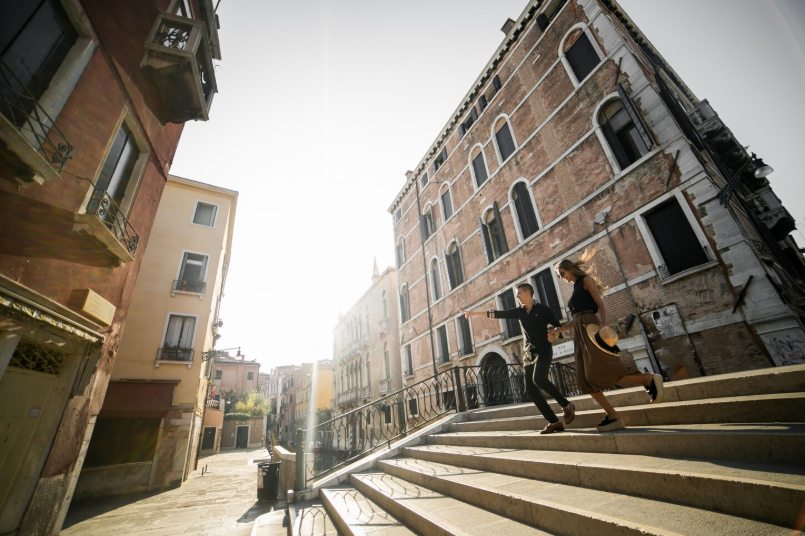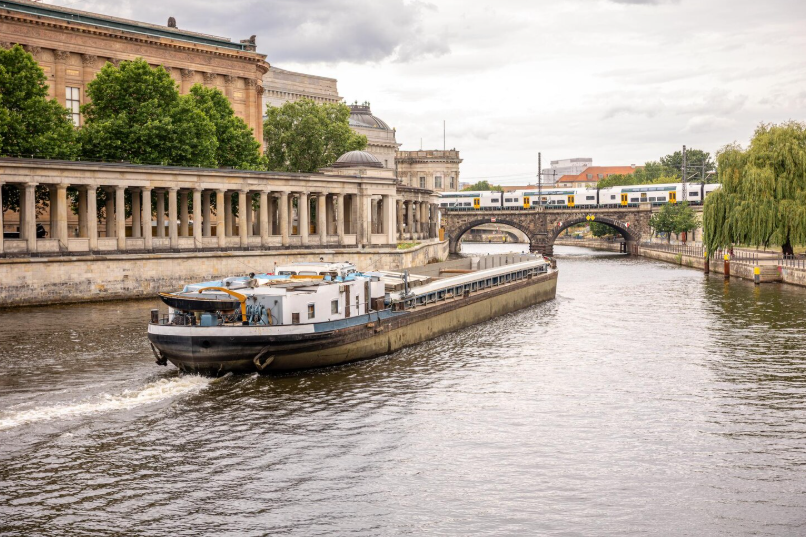
Business Etiquette for Executives Traveling Across Europe
Business Etiquette for Executives Traveling Across Europe
1. Before You Travel: Preparation Is a Signal of Respect
Preparation demonstrates respect and competence. Research your counterpart’s background, the company’s history, and any recent news that might shape the conversation. Learn a few basic phrases in the local language—please, thank you, hello, and goodbye are minimal but meaningful gestures. Confirm dress code expectations (business formal, business casual, smart casual) and check whether evening events require different attire. Finally, clarify logistical details: meeting location, expected duration, and whether hospitality or a meal is part of the agenda. This level of preparation reduces friction and signals that you value the other party’s time.
2. Time and Punctuality: Know the Local Norm
Punctuality matters differently across Europe. In Germany, Austria, and the Netherlands, arriving on time—or a few minutes early—is essential and seen as a mark of professionalism. In contrast, southern European countries such as Italy, Spain, and parts of Portugal have more relaxed start times for social gatherings, though business meetings still benefit from timeliness. In the United Kingdom and much of Northern Europe, punctuality is expected; even in places with looser norms, it is wise for visiting executives to lead with punctuality to set a professional tone.
3. Greetings and Introductions: The First Impression
How you greet someone sets the relationship tone. A firm handshake combined with direct eye contact is widely accepted across most European business contexts; however, nuances matter. In France, a brief handshake with minimal small talk is standard in initial business settings, while colleagues may use light cheek kisses in social contexts. In Spain and Italy, business relationships are often warmer and more physically demonstrative once trust is established. When in doubt, mirror the other person’s lead and keep initial contact professional.
4. Communication Style: Direct vs. Indirect
Communication styles vary from the direct, low-context approach of Northern Europe to the more indirect, high-context styles often found in the Mediterranean and parts of Eastern Europe. German and Scandinavian colleagues typically favor concise, fact-based exchanges; provide clear agendas and decision-focused documents. In contrast, in countries like Italy, Spain, and France, relationship-building and narrative context matter more. Allocate time for conversation beyond transactional details and be prepared for expressive, animated dialogue. Adapting your tone demonstrates cultural fluency and fosters collaboration.
5. Meetings and Agendas: Structure with Flexibility
Provide an agenda in advance and include clear objectives. Executives in Northern and Central Europe often expect a rigorous schedule and follow-up actions. In Southern Europe, allow time for extended discussion and relationship-building within the meeting. Begin meetings with a brief personal exchange—asking about family or recent travel—where culturally appropriate. End with a clear summary of next steps and deadlines, ensuring that all parties leave with aligned expectations.
6. Dining and Hospitality: Table Manners and Protocol
Business meals are common and can be decisive for relationship development. Table manners and the structure of hospitality vary: in many continental countries, the host typically pays, and refusing once politely before accepting can be appropriate; in the UK or Scandinavia, splitting the bill or offering to pay can occur. Toasting rituals are important in some cultures—stand when proposing a toast in certain formal settings, and avoid raising a glass to the health of a single individual unless invited. Observe the host’s lead on topics such as forks and service pace, and avoid contentious political topics unless you know your audience well.
7. Gift Giving: Thoughtful, Not Extravagant
Gift-giving customs differ across Europe. In Germany and the Nordics, gifts are modest and typically exchanged after a deal is closed. In Southern Europe, small gifts from your home country can be well received as gestures of friendship. Avoid anything that might appear overly personal or extravagant; always present gifts with humility and an explanation of its significance. If you represent a company, consider branded but tasteful items that reflect quality rather than quantity.
8. Negotiation and Decision-Making: Patience and Context
Expect different paces of decision-making. In France and Italy, decisions may involve multiple stakeholders and rounds of consultation; patience and strategic relationship management pay dividends. In contrast, Scandinavian and Anglo-Saxon environments may move more quickly toward a contractual close. Align your negotiation strategy with the local rhythm: prepare documentation for due diligence, but prioritize trust-building where it matters.
9. Digital Etiquette and Follow-Up
Follow-up is essential. Send a concise email summarizing decisions and next steps within 24–48 hours. Respect local communication preferences—some markets favor formal written records while others appreciate a quick WhatsApp or text message for logistics. When writing, adapt your level of formality: use titles and surnames in more formal cultures, and a first-name basis in more informal environments once rapport has been established. Timely, culturally attuned follow-up reinforces professionalism and keeps momentum.
10. Final Practical Tips for Executives
- Dress the part: err on the side of conservative and well-tailored for first meetings.
- Carry business cards:</strong have them translated on one side where useful—many European executives appreciate bilingual cards.
- Respect privacy laws:</strong be mindful of data protection when sharing contact lists or personal information across borders.
- Engage local experts:</strong use interpreters, cultural consultants, or local legal counsel for complex negotiations.
Conclusion
For executives navigating Europe, cultural intelligence is an operational asset. Respect for local norms, careful preparation, and adaptive communication transform routine meetings into strategic opportunities. When leaders demonstrate cultural awareness—through punctuality, tailored communication, and thoughtful hospitality—they accelerate trust and create durable professional relationships. By investing time in understanding local etiquette, senior executives safeguard reputation, advance negotiations more smoothly, and create a positive impression that endures long after the trip ends.





